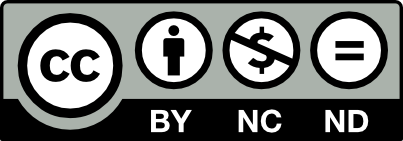Soste. Abbiamo più voglia di viaggiare che non di arrivare…
per i 50 anni di "Verso un'ecologia della mente"
DOI:
https://doi.org/10.23823/jps.v7i1.108Abstract
La vita è fatta di incontri.
Gli incontri danno origine a cambiamenti: cambiamenti di tipo 1 (C1) e cambiamenti di tipo 2 (C2). Non esiste il non cambiamento: panta rei!
La differenza la fa la velocità: spazio/tempo. I C1 sono impercettibili, perché lenti. I C2 sono ciò che chiamiamo cambiamento. Gli incontri possono essere fatti con persone, eventi, fatti, idee, musiche, libri, luoghi, ecc..
Il mio incontro con il pensiero, attraverso i libri disponibili a tutti, di Gregory Bateson avvenne nel 1989, durante il corso di Antropologia Culturale tenuto dal professor Gualtiero Harrison, all'Universitá di Padova. Harrison, un giorno a lezione, annunció che da lì alla settimana successiva sarebbe partito un seminario di approfondimento dal titolo "Come la caduta del muro di Berlino influenzerà il turismo a Venezia?". Era l'inizio di novembre e sembrava che la caduta del famoso muro che divideva a metà Berlino, la Germania, l’Europa e il mondo, avesse le ore contate.
Downloads
Downloads
Published
Versions
- 2023-05-23 (2)
- 2023-05-22 (1)
Conference Proceedings Volume
Section
License
Copyright (c) 2023 Enrico Cazzaniga

This work is licensed under a Creative Commons Attribution-NonCommercial-NoDerivatives 4.0 International License.
Authors who publish in this journal agree to the following:
- Authors retain the rights to their work and give to the journal right of first publication of the work simultaneously licensed under a Creative Commons License - Attribution that allows others to share the work indicating the authorship and the first publication of this journal.
- Authors can accept other non-exclusive licensing agreements for the distribution of the published version of the work (eg. Deposit it in an institutional repository or publish it in a monograph), provided to indicate that the document was first published in this journal.
- Authors can spread their work online (eg. In institutional repositories or on their website) before and during the submission process, because it can lead to productive exchanges and increase the work published citations (See The Effect of Open Access) .









